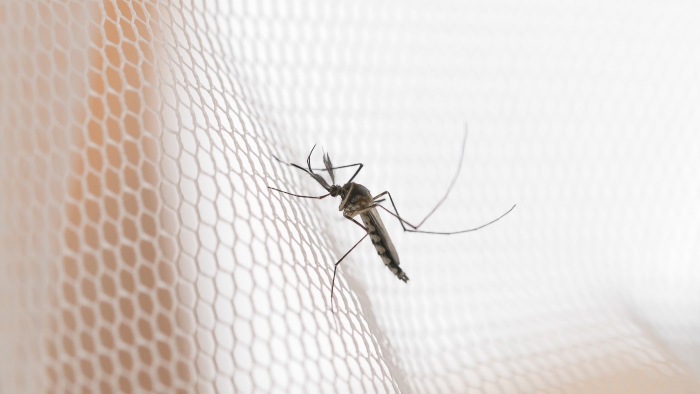A New Era of Blood Safety

The World's Deadliest Animals
Let's start with a question: What are the world's deadliest animals? You might think of sharks or lions, but the real threat is much smaller—the mosquito. With over 700,000 deaths per year, mosquitoes are the world's deadliest animals, transmitting deadly pathogens like malaria, dengue, Zika, West Nile virus, and chikungunya1.
The Global Threat of Arboviruses
Mosquitoes are vectors for arboviruses, posing a significant public health threat. For instance, dengue caused 5 million cases and 5,000 deaths in 2023. Chikungunya, while geographically focused, caused 500,000 cases and 400 deaths. West Nile virus and Zika also pose substantial risks, with thousands of cases annually leading to severe health complications.
Factors Contributing to the Spread of Arboviruses
Global warming and transportation are major contributors to the spread of these viruses. Warmer climates allow mosquitoes to thrive in new habitats, while global transportation facilitates their spread across continents. For example, the Aedes albopictus mosquito has spread significantly across Europe over the past decade.
The Challenge for Blood Banks
Blood banks face significant challenges in managing the risk of arboviruses. Deferring donors based on travel history can reduce the blood supply. Grifols has been addressing these challenges since the mid-2000s. However, testing for multiple viruses strains resources and budgets.
Introducing the Procleix ArboPlex Assay
Now CE approved, the Procleix ArboPlex Assay, a 4-in-1 test provides expanded arboviral coverage.
This innovation is a reflection of our Grifols commitment to ensuring a safer, healthier future.
References
- WHO-World Health Organization. Vector-Borne Diseases. (2020). https://www.who.int/news-room/fact-sheets/detail/vector-borne-diseases.